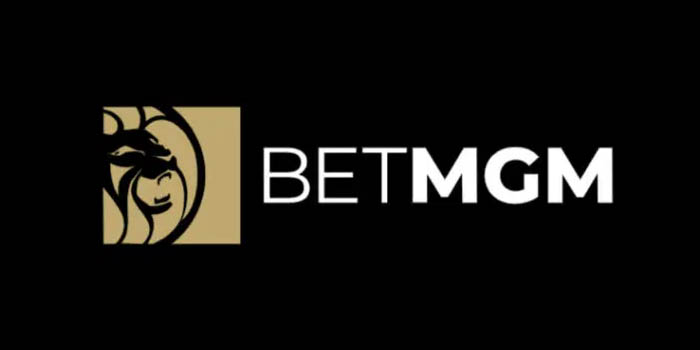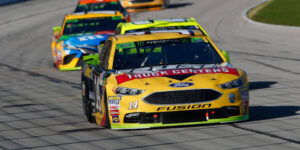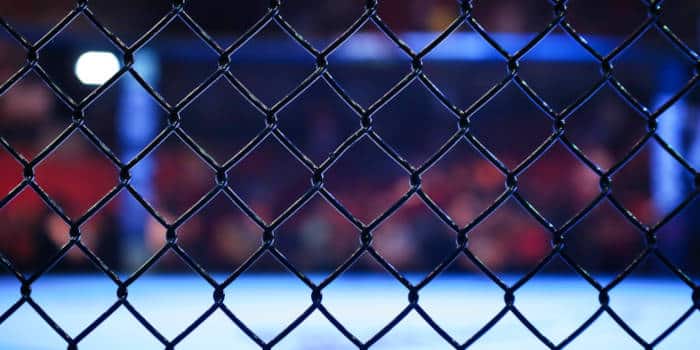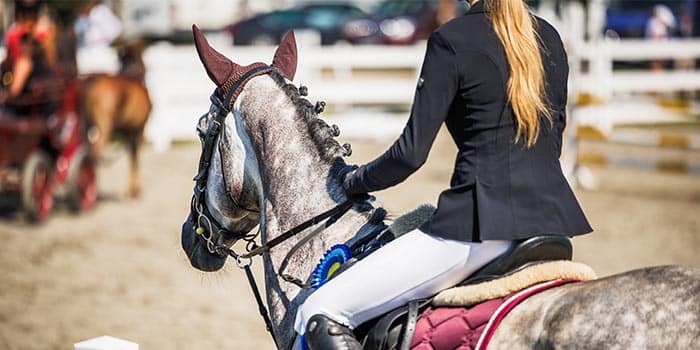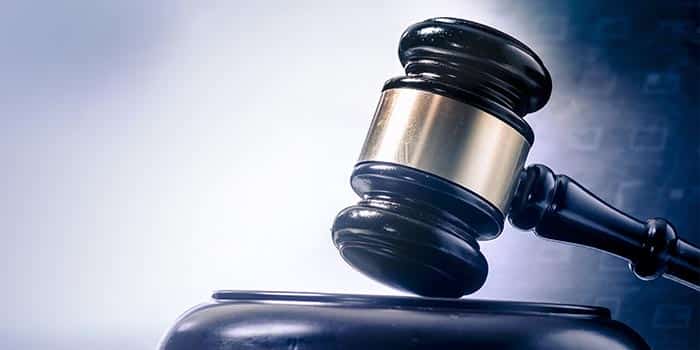Fact-checked by Stoyan Todorov
NTF Stands Behind Targeted Gambling Tax Reform
The National Trainers’ Federation backs a new Social Market Foundation tax plan to raise casino levies while easing betting duties
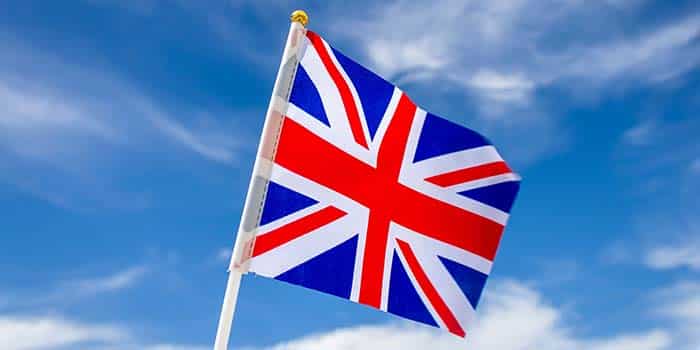
At the start of the week, the National Trainers’ Federation (NTF) threw its support behind a bold alternative to the UK Treasury’s plan aimed at harmonizing gambling tax rates across online sports betting and high-risk casino games.
NTF Fully Supports the New SMF Report
NTF chief executive Paul Johnson said the upcoming Social Market Foundation (SMF) report “has the full backing of the NTF.”
The report, titled “The Duty to Differentiate: How Gambling Tax Reform Can Raise Revenue for the Government, Reduce Harm to the Public and Save British Horse Racing”, was authored by Dr James Noyes, a senior fellow at the SMF.
Alex Ballinger MP, a member of the all-party parliamentary group on Gambling Reform, wrote the foreword.
While the Treasury is pushing for a single unified tax rate, the SMF argues that online casino games like slots and roulette are currently “under-taxed” at 21% of gross profits.
Dr Noyes points out that in some European countries, remote casino tax rates approach 40%, with some US states charging over 50%. The report recommends raising gaming tax rates to as much as 50%.
Another part of the report highlights the current betting tax and Levy system, which works by returning money to horse racing from off-course bets.
At the moment, online operators pay a 10% Levy on racing turnover. According to Noyes, the Levy, combined with a 15% betting duty, would amount to a 25% horse racing betting tax.
The author further suggested adjusting the Levy and duty split, while extending the Levy to bets on overseas races which would generate an increase in funds flowing back into racing.
The report also opposes fresh proposals from Arena Racing Company chief executive Marin Cruddace to invert Levy and betting duty rates as insufficient, while recommending lowering betting duty to 5% and raising the Levy to 20%.
The changes would not cost the industry more overall, but they would send a bigger share of the money back to racing.
“Sensible and Informed” Work
Johnson called the SMF’s work “a sensible and informed piece of work” that could be used as a tool to fix “issues that have beset the sport in recent years”.
In his foreword, Ballinger called the proposals “smart, fair ideas that deserve serious attention” while emphasizing that some gambling products, such as online slots, cause disproportionately more harm than others, and taxes should be used to accurately reflect this.
The British Horseracing Authority (BHA) released research warning that tax harmonisation at a flat 21% could cost the industry at least £330 million ($438 million) over five years and put a total of 2,752 jobs in peril in the first year alone.
The BHA has decided to launch a petition to urge the government to reconsider its stance.
However, the Betting and Gaming Council criticized calls for higher gaming taxes, calling them “naive”.
A council spokesperson explained that operators handle betting and gaming as integrated businesses, which means all tax hikes will affect the entire operation with the potential of reducing sponsorship and support for vulnerable sectors like horse racing.
After finishing her master's in publishing and writing, Melanie began her career as an online editor for a large gaming blog and has now transitioned over towards the iGaming industry. She helps to ensure that our news pieces are written to the highest standard possible under the guidance of senior management.
